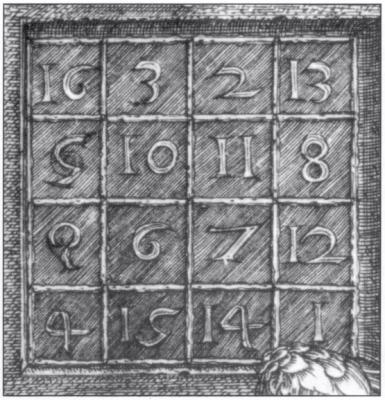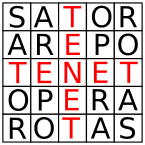... newer stories
Freitag, 27. Juni 2014
Verlangsamt sich Licht auf seine Reise?
klauslange,15:03h
Eine lächerlich anmutende Frage, wie es scheint. Doch Messungen der bekannten Supernova SN 1987A können auch so intepretiert werden, dass sich Licht auf seiner Reise verlangsamt. Dies wird aus Diskrpanzen in der Ankunftszeit deutlich.
Es sind gerade solche Meldungen, auch wenn sie sich später als unrichtig erweisen, die mein Interesse wecken. Daher auch diese: hier:
Franson's arguments are based on observations made of the supernova SN 1987A–it exploded in February 1987. Measurements here on Earth picked up the arrival of both photons and neutrinos from the blast but there was a problem—the arrival of the photons was later than expected, by 4.7 hours. Scientists at the time attributed it to a likelihood that the photons were actually from another source. But what if that wasn't what it was, Franson wonders, what if light slows down as it travels due to a property of photons known as vacuum polarization—where a photon splits into a positron and an electron, for a very short time before recombining back into a photon. That should create a gravitational differential, he notes, between the pair of particles, which, he theorizes, would have a tiny energy impact when they recombine—enough to cause a slight bit of a slowdown during travel. If such splitting and rejoining occurred many times with many photons on a journey of 168,000 light years, the distance between us and SN 1987A, it could easily add up to the 4.7 hour delay, he suggests.
Spannende Argumentation, die es in ein peer-review Physikjournal geschafft hat!
Es sind gerade solche Meldungen, auch wenn sie sich später als unrichtig erweisen, die mein Interesse wecken. Daher auch diese: hier:
Franson's arguments are based on observations made of the supernova SN 1987A–it exploded in February 1987. Measurements here on Earth picked up the arrival of both photons and neutrinos from the blast but there was a problem—the arrival of the photons was later than expected, by 4.7 hours. Scientists at the time attributed it to a likelihood that the photons were actually from another source. But what if that wasn't what it was, Franson wonders, what if light slows down as it travels due to a property of photons known as vacuum polarization—where a photon splits into a positron and an electron, for a very short time before recombining back into a photon. That should create a gravitational differential, he notes, between the pair of particles, which, he theorizes, would have a tiny energy impact when they recombine—enough to cause a slight bit of a slowdown during travel. If such splitting and rejoining occurred many times with many photons on a journey of 168,000 light years, the distance between us and SN 1987A, it could easily add up to the 4.7 hour delay, he suggests.
Spannende Argumentation, die es in ein peer-review Physikjournal geschafft hat!
... link (0 Kommentare) ... comment
... older stories

